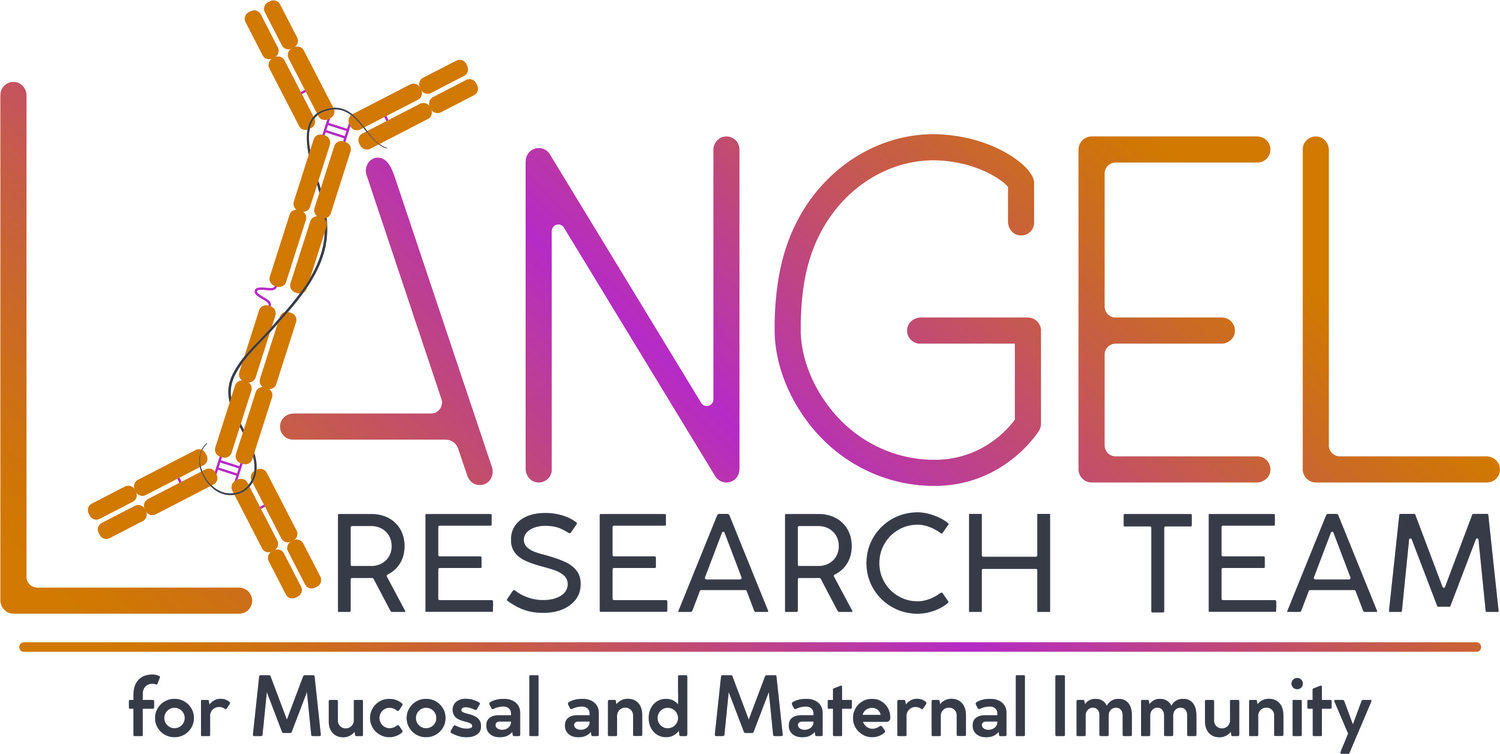Maternal immunization and lactogenic immunity
The maternal immune system protects developing offspring against pathogens before birth via transplacental transfer and after birth through secreted milk. Currently, there are a number of vaccines that can be given during pregnancy that increase placentally-transferred IgG antibodies and reduce disease in newborns. These include the tetanus toxoid, reduced diphtheria toxoid, and acellular pertussis (Tdap) vaccine, the inactivated influenza vaccines and the SARS-CoV-2 mRNA vaccines. However, none of these vaccines were developed with the goal of generating breast milk antibodies, particularly IgA which is the dominant antibody in colostrum and breast milk. The mammary gland is considered a part of the common mucosal immune system. This means that B and T cells and plasma cells from other mucosal immune tissues, particularly the gut, migrate to the mammary gland during late pregnancy and throughout lactation to perform their effector functions. Mucosal immunization may be an ideal strategy to stimulate mammary gland IgA plasma cells that boost potently neutralizing antibodies in human breast and help protect infants from harmful pathogens.
We are currently using in vivo models and human samples to characterize the anti-viral antibodies in milk as well as determine if they can be boosted after mucosal or systemic immunization. We are characterizing the structural and functional capacity of breast milk antibodies to determine which are more likely to contribute to virus neutralization. Additionally, we are working to understand the mechanisms by which antibody-secreting plasma cells migrate from other mucosal sites to the mammary gland. Our ultimate goal is to contribute to the development of a mucosal vaccine is given postpartum that boosts breast milk antibodies and reduces disease in human infants.
Figure 3 from Langel et al., Cell Host & Microbe 2022. Therapeutic strategies for boosting pre- and postpartum maternal antibodies for passive transfer through the placenta and milk during the peripartum period
Boosting maternal immunity pre- or postpartum by active vaccination or passive administration of recombinant antibodies leads to increased transfer of maternal antibodies to the fetus or neonate, respectively.

